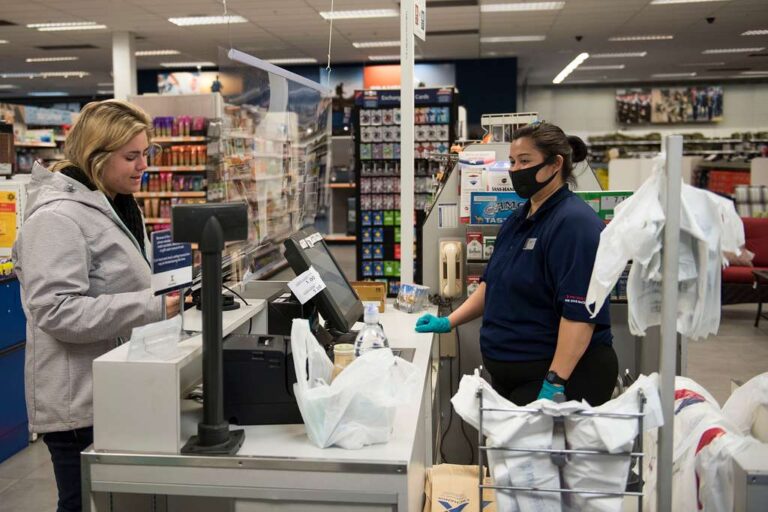The G.O.P. has taken control of both the Senate and the House for the first time in eight years. Politico profiles a number of ways this flip may impact labor law, including regulation of union election procedures, minimum wage for federal contractors and home health care workers, pensions, and worker safety. Additionally, it is expected that Sen. Lamar Alexander (R-Tenn.) will take over the chairmanship of the Committee on Health, Education, Labor and Pensions: Alexander sports a lifetime AFL-CIO rating of 18 percent, while retiring Democratic chairman Tom Harkin’s rating was 94 percent. More is available here.
The Wall Street Journal describes some of the national political stakes at play in the California School Supervisor race. Incumbent Tom Torlakson and challenger Marshall Tuck are both Democrats, but diverge strongly on highly contentious national policy issues including charter schools, public school choice, and teacher tenure and dismissal rules. The candidates hold opposing views on the landmark Vergara v. California decision from last summer, where nine public school students successfully sued the state over teacher tenure and dismissal laws, on the grounds that such policies discriminate against minority students by depriving them access to quality education. Torlakson appealed the case, while Tuck has praised its outcome. Currently, the vote remains too close to call.
The New York Times Editorial Board discusses European immigration reform, lamenting the standstill that has recently occurred in efforts to change the status quo. A rising anti-immigrant sentiment will risk “fatal consequences,” the Editorial Board warns, noting that over “3,000 migrants have died trying to cross the Mediterranean from Africa to Europe this year.”
The New York Times reports that Sprint will lay off 2,000 employees to cut costs. Sprint, the third largest domestic wireless carrier, hopes these cuts will reduce labor costs by $400 million a year.






Daily News & Commentary
Start your day with our roundup of the latest labor developments. See all
October 28
Two federal unions oppose CBA cancellations, another federal union urges Democrats to end the government shut down, and Paramount plans for mass layoffs
October 27
GM and Rivian announce layoffs; Boeing workers reject contract offer.
October 26
California labor unions back Proposition 50; Harvard University officials challenge a union rally; and workers at Boeing prepare to vote on the company’s fifth contract proposal.
October 24
Amazon Labor Union intervenes in NYS PERB lawsuit; a union engages in shareholder activism; and Meta lays off hundreds of risk auditing workers.
October 23
Ninth Circuit reaffirms Thryv remedies; unions oppose Elon Musk pay package; more federal workers protected from shutdown-related layoffs.
October 22
Broadway actors and producers reach a tentative labor agreement; workers at four major concert venues in Washington D.C. launch efforts to unionize; and Walmart pauses offers to job candidates requiring H-1B visas.